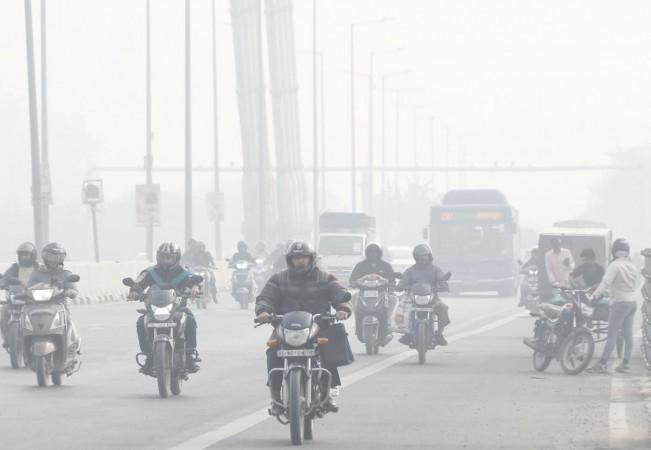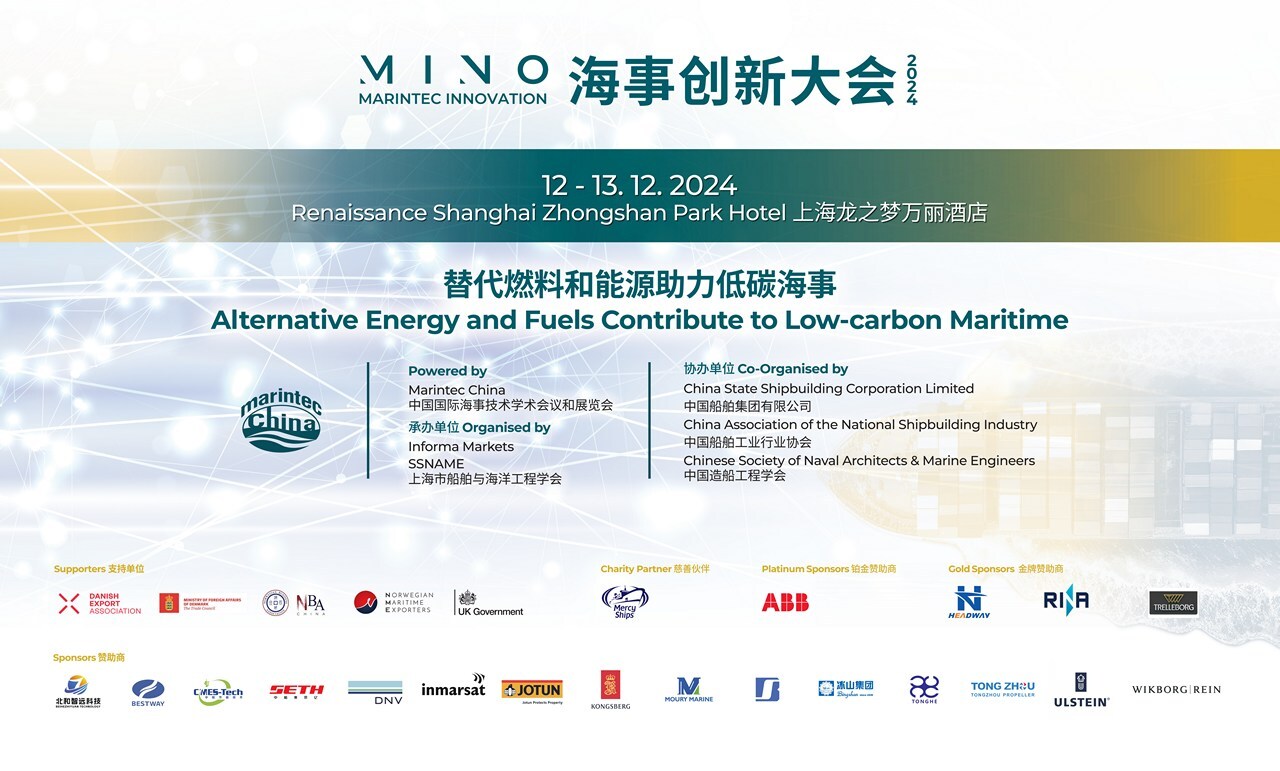
This week, in a nondescript port city in South Korea, delegates from around the world will gather for the most consequential negotiating session you’ve likely never heard of. This isn’t the G20, nor a meeting to curb nuclear weapons or address the threats of infectious disease. It isn’t COP29, where I was last week calling for Real Zero – an end to the use of fossil fuels.
But it’s just as important. Minderoo Foundation has launched a new ad campaign on the human health impacts of plastic production. Credit: Minderoo Foundation.

It is the final round of negotiations for what could be a groundbreaking treaty to end the incessant production of virgin plastic and curb the devastating impact that plastic chemicals are having on human health. It is now a scientific fact that plastic chemicals are making us fatter, sicker and less fertile. If the world does nothing, if the negotiators just tinker around the edges, we are locking ourselves into a future where we and our kids get more and more unwell from the plastic chemicals building up in our food, our water and our bodies.
Unsurprisingly, some fossil fuel companies and countries are actively lobbying for a weak treaty – because they’re profiting from plastics. At the most recent round of plastic treaty negotiations in Ottawa, one in 20 of the more than 4000 delegates was a fossil fuel executive, lobbying for your children to continue to be harmed by toxic chemicals. These lobbyists and countries with a vested interest will tell you recycling is the solution.
That the onus is on you, the consumer, to recycle more. What they conveniently neglect to mention is that recycled plastic can be more hazardous than virgin plastic. The solution is a Global Plastics Treaty that imposes a small price per tonne of plastic on producers of its building blocks.
It’s a small cost to these multinational chemical companies which can then be used to build waste management systems, assist waste workers to transition to new jobs, clean up past pollution and fund critical human health research to build understanding of the harm from plastic chemicals. The need for a “polymer premium” is backed by OECD research which found that to avoid a plastic health and environment crisis the world needs more than just downstream measures. We must address the problem at its source.
It’s rare to have the opportunity to comprehensively right a wrong inflicted on the planet and us. The negotiators in Korea have a choice to put people and planet over plastic and profits, and I implore delegates to embrace this historic moment. Start the day with a summary of the day’s most important and interesting stories, analysis and insights.
Sign up for our Morning Edition newsletter . Save Log in , register or subscribe to save articles for later. License this article Plastic Opinion Andrew Forrest Recycling Minderoo Pollution Most Viewed in Environment Loading.














